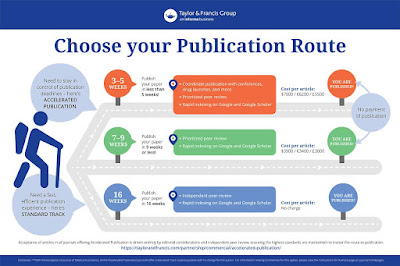In the last few years, Tressie McMillan Cottom has been persistently reminding academics that institutions won’t love you back.
Somewhere in maybe the last year, though, university administrators have moved somewhere from at least pretending to care, or perhaps indifference, to outright hostility.
Here’s just a couple of examples.
Rachel Anderson posted:
State of the world: raging pandemic with my university experiencing the highest case rates yet, and I’m teaching 5 days/week in person. My university’s email this morning: Have you considered including a gift to us in your will? We’d love to talk to you about estate planning.
Katie Kennedy posted:
I'm required to put a statement in my syllabus saying that if I die during the semester, the college has a replacement for me. It was written in first person--by the administration. It says I've been consulted in who my replacement will be. None of this is true.
It feels like administrators are not only expecting their faculty to die, but are busy looking for how to that into an opportunity. Silver linings and all that.
And let’s not forget that one institution all but wheeled out a coffin to teach a class.
And don’t get me started on the foot dragging and jumbled reactions on return to campus when many areas are experiencing the biggest number of cases and hospitalizations yet.
The tone deafness and failure to navigate these problems is just astonishing. All of these things are just eating away at trust.
Even if the current wave of the omicron variant of SARS-CoV-2 is the last major one in many places (which I doubt), things are not going back to normal in higher education soon. Too many cracks have been exposed. Too many cracks have already turned into breaks, and more are undoubtedly coming. The consequences of these sorts of bad leadership are going to continue for years.
Related posts
Classes taught by the dead and copyright

